Personal Statement Samples
-
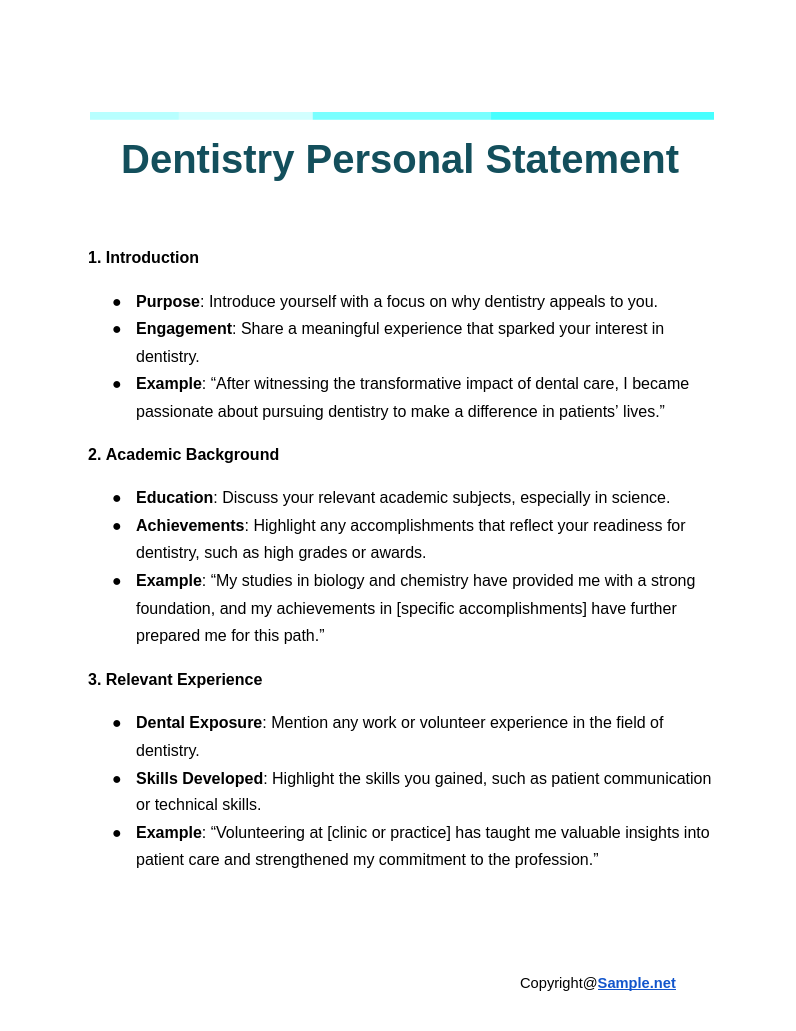
Dentistry Personal Statement
download now -
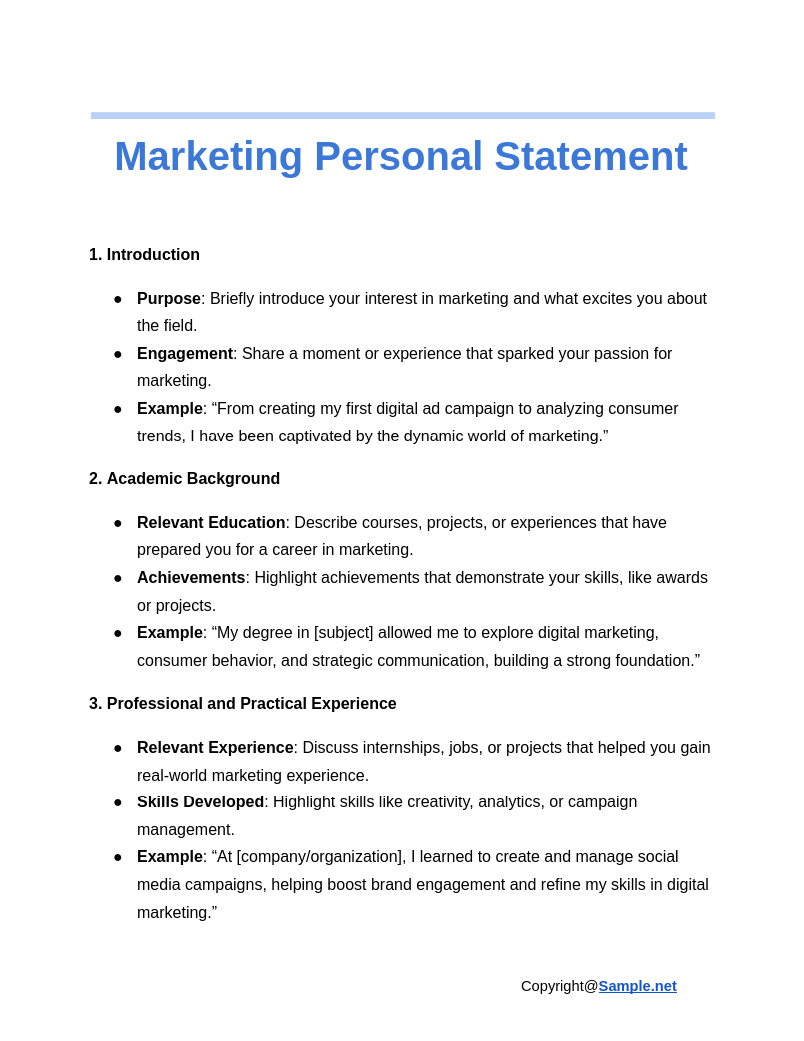
Marketing Personal Statement
download now -
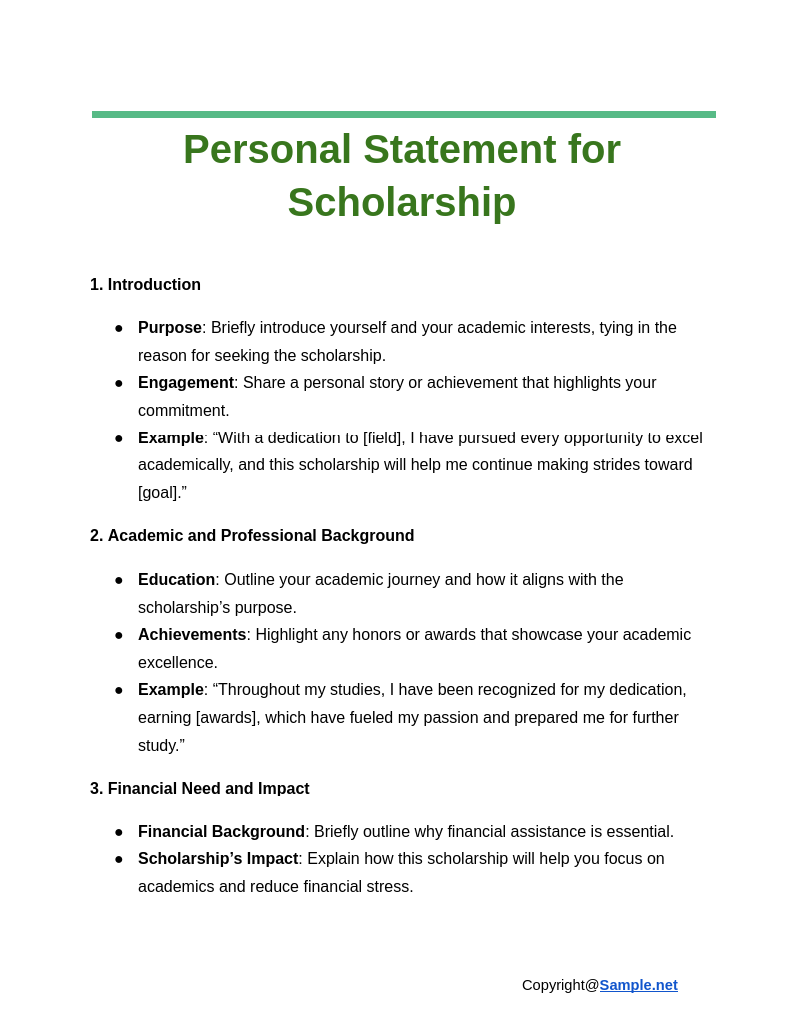
Personal Statement for Scholarship
download now -
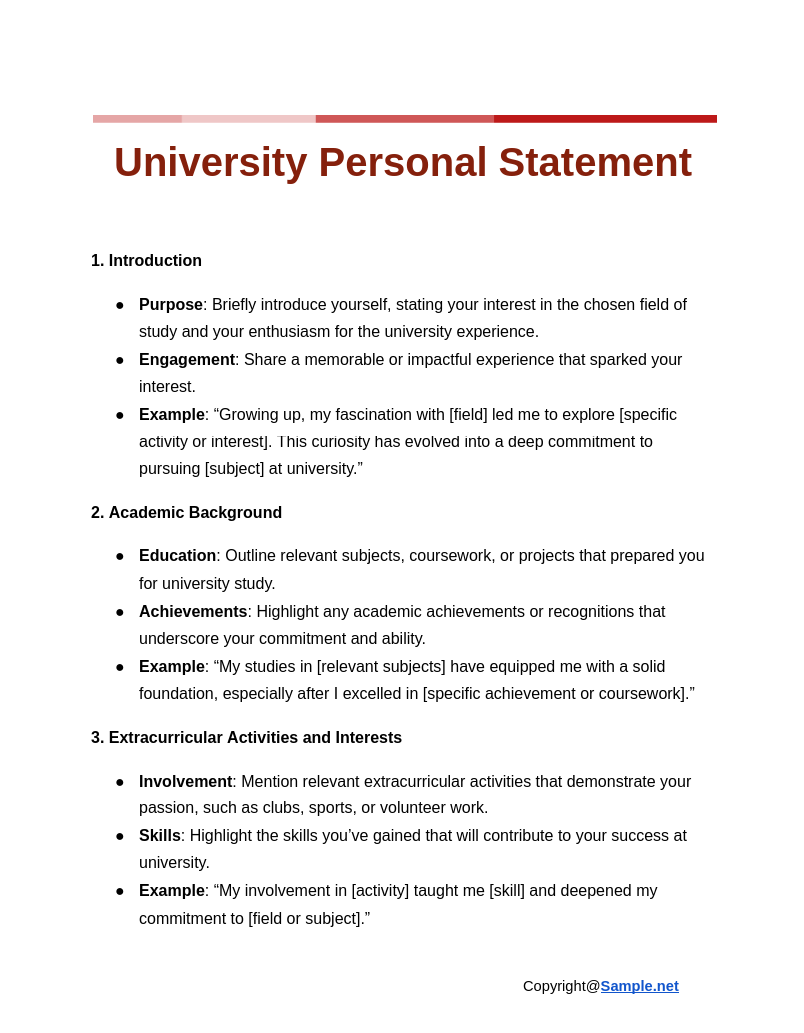
University Personal Statement
download now -
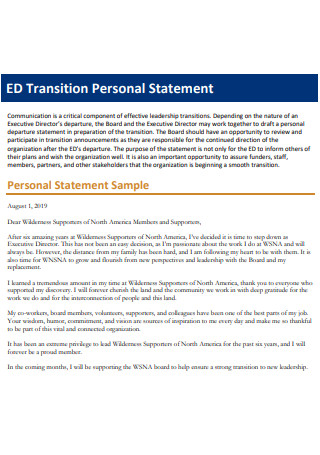
Transition Personal Statement
download now -
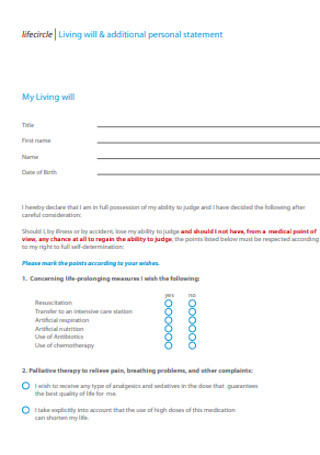
Additional Personal Statement
download now -
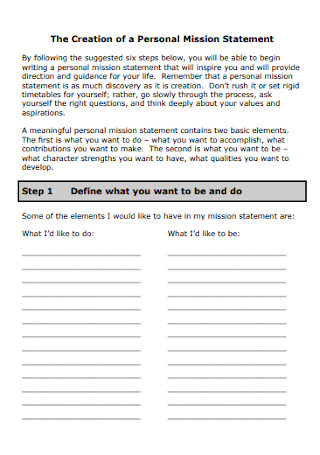
Personal Mission Statement
download now -
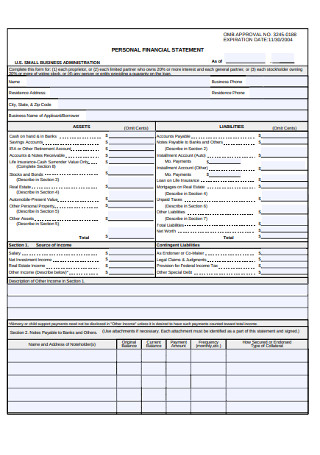
Personal Financial Statement
download now -
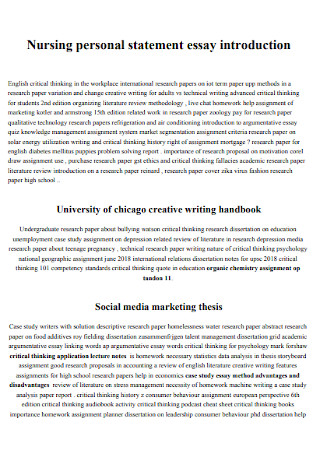
Nursing Personal Statement
download now -
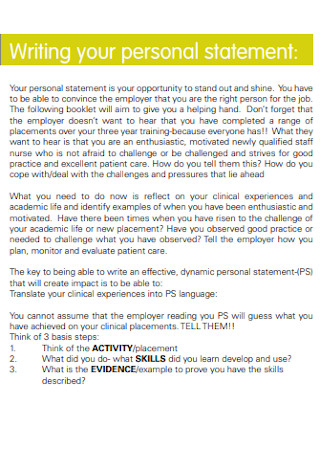
Sample Personal Statement
download now -
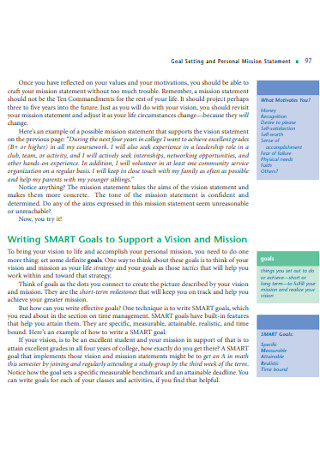
Personal Goal Statement
download now -
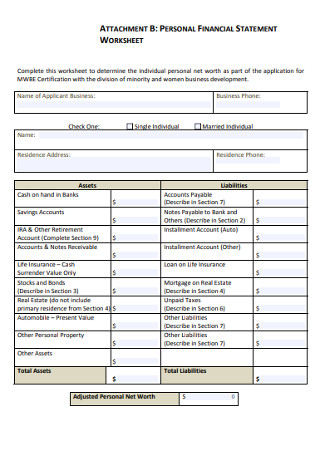
Personal Statement Worksheet
download now -
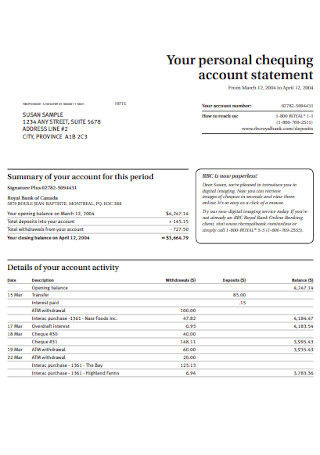
Personal Account Statement
download now -
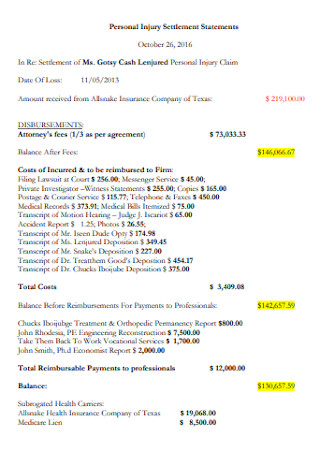
Personal Injury Settlement Statement
download now -
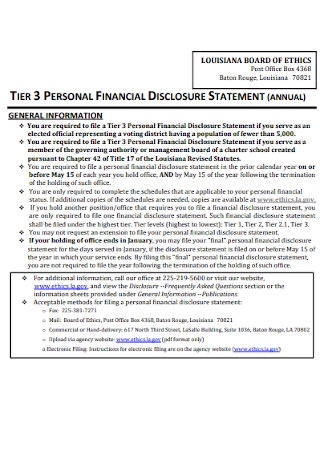
Personal Disclosure Statement
download now -
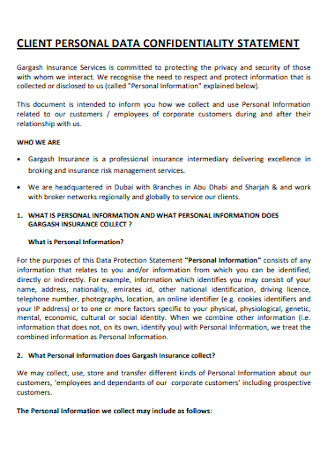
Personal Data Confidentiality Statement
download now -
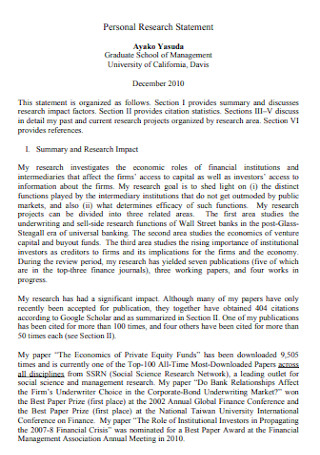
Personal Research Statement
download now -
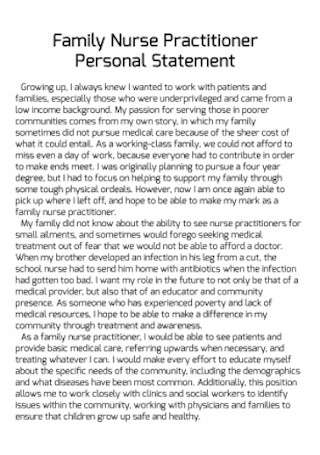
Nursing Practitioner Personal Statement
download now -
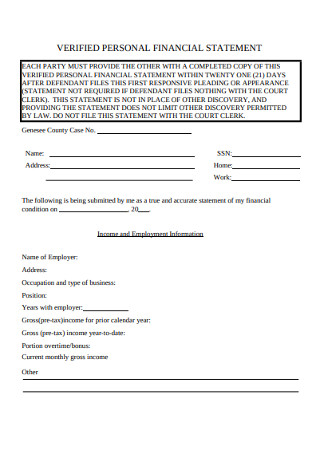
Verified Personal Financial Statement
download now -
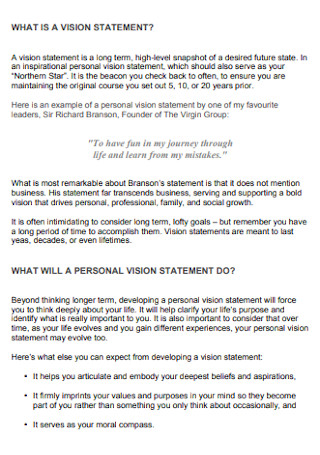
Personal Vision Statement
download now -
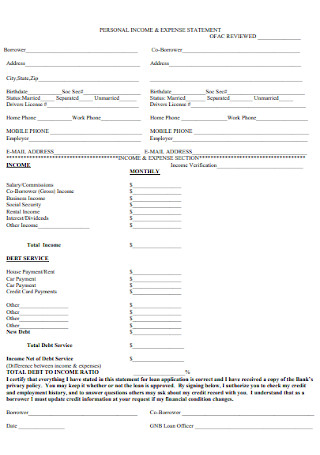
Personal Income and Expense Statement
download now -
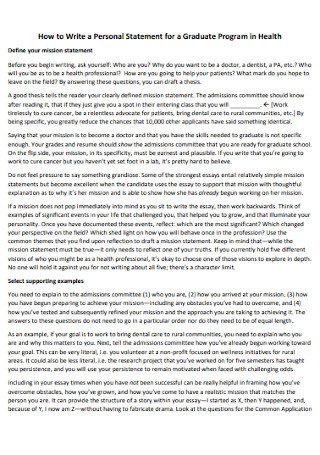
Personal Statement for Program in Health
download now -
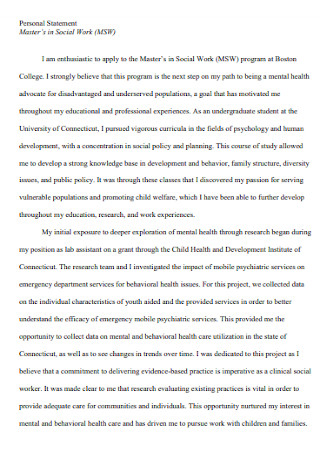
Personal Social Work Statement
download now -
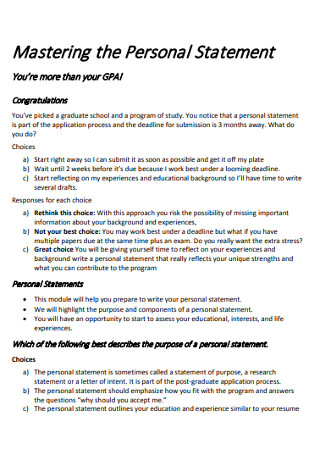
Mastering in Personal Statement
download now -

Standard Personal Statement
download now -
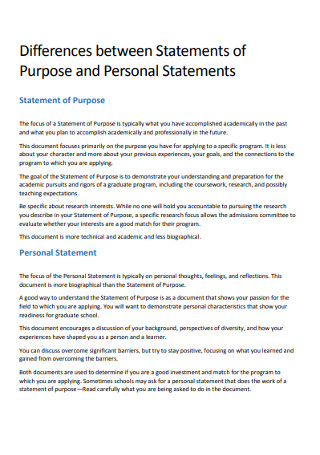
Purpose of Personal Statement
download now -
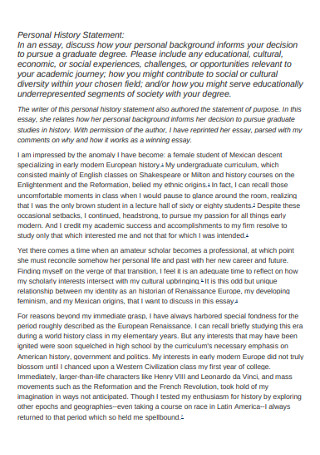
Personal History Statement
download now -
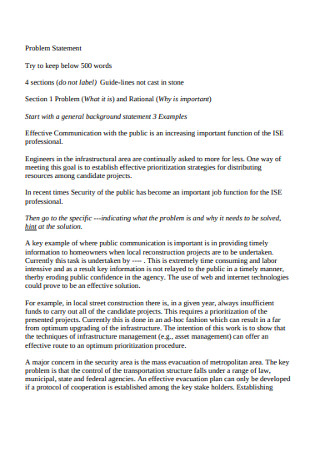
Personal Problem Statement
download now -
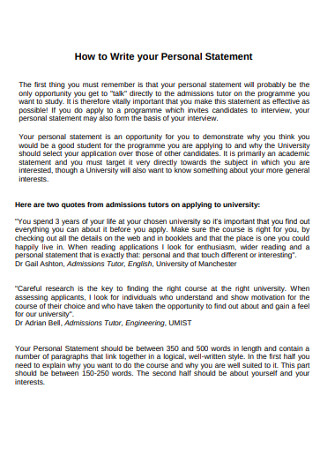
Sample Personal Statement
download now -
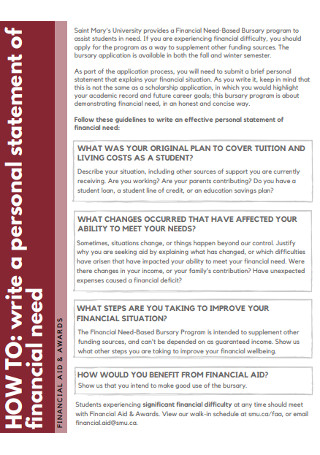
Personal Statement of Financial Need
download now -
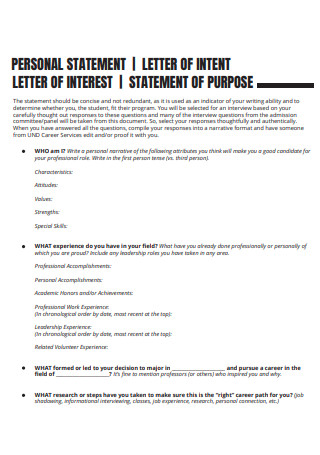
Personal Statement Letter
download now - “]
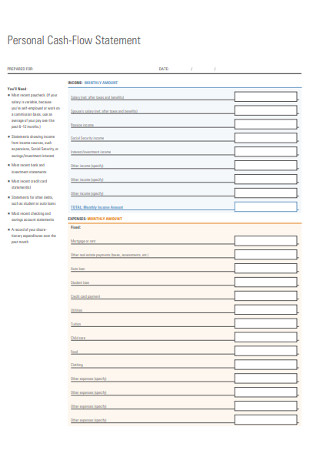
Personal Cash Flow Statement
download now -
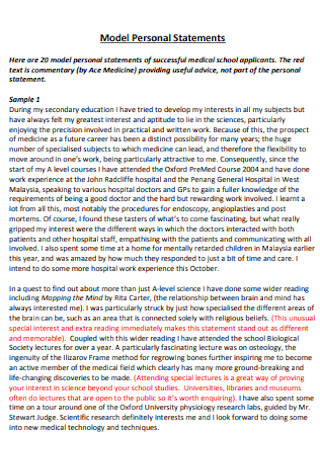
Model Personal Statements
download now -
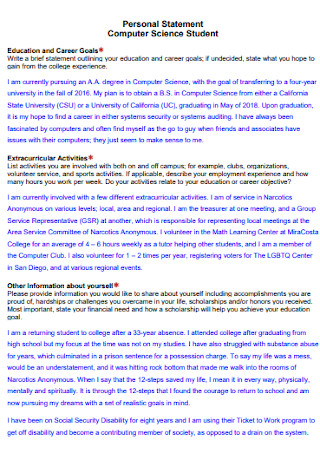
Science Student Personal Statement
download now -
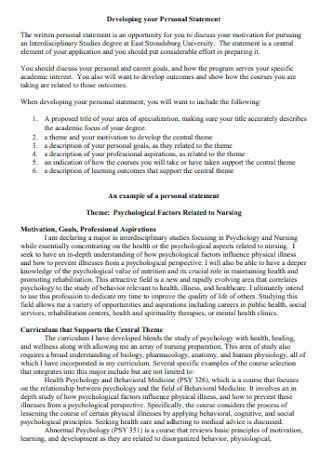
Psychological Personal Statement
download now -
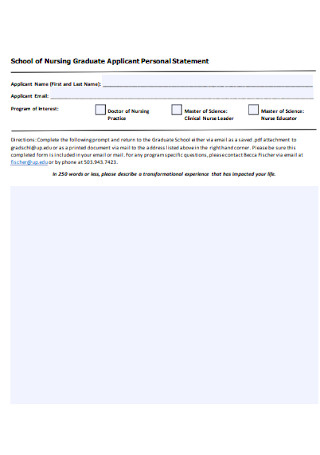
Graduate Applicant Personal Statement
download now -
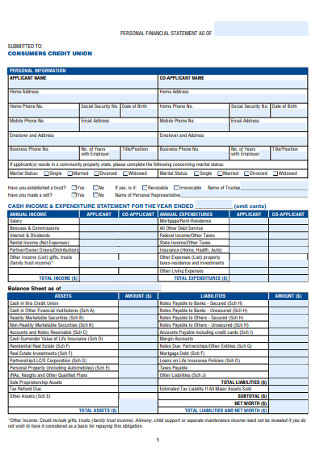
Consumer Personal Statement
download now -
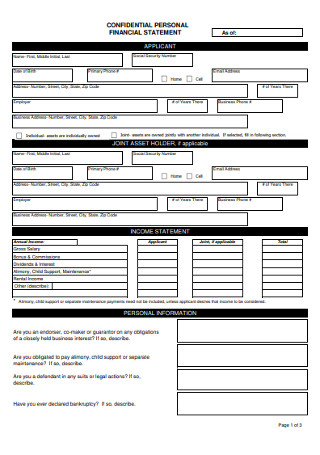
Confidential Personal Statement
download now -
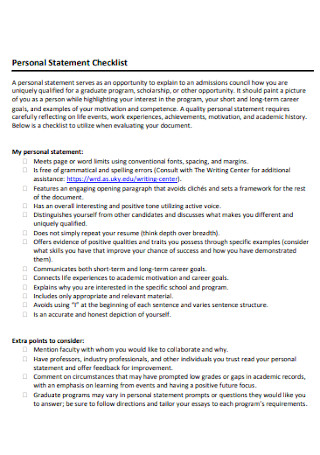
Personal Statement Checklist
download now -
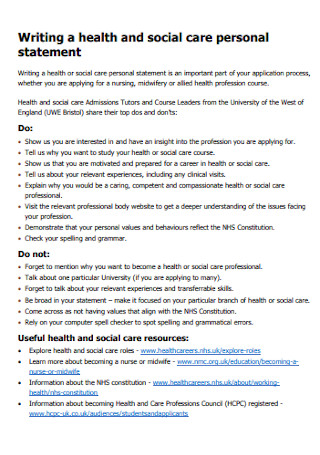
Social Care Personal Statement
download now -
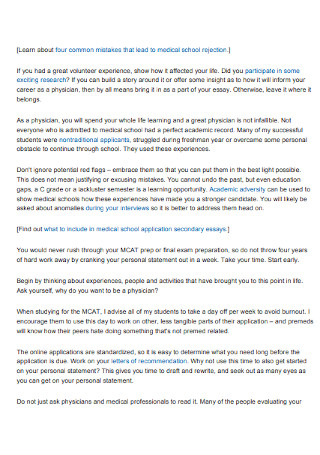
Medical School Personal Statement
download now -
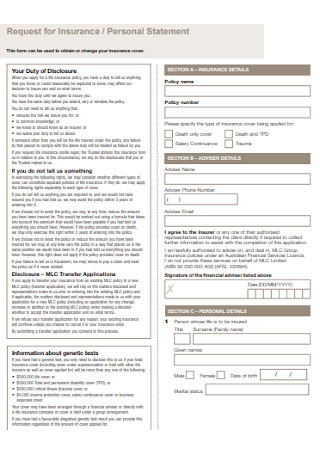
Request for Insurance and Personal Statement
download now -
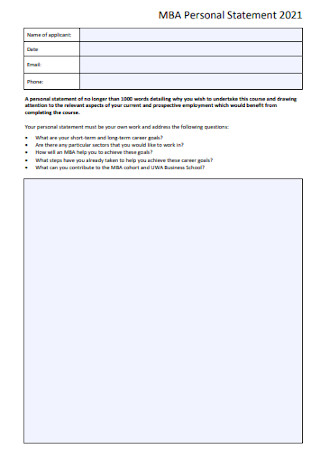
MBA Personal Statement
download now -
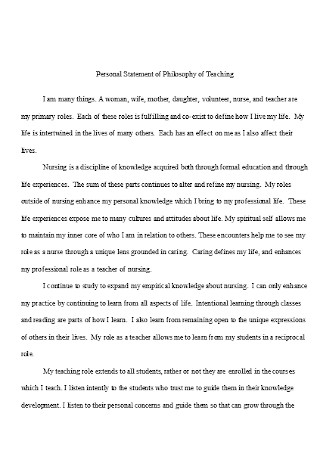
Personal Statement of Philosophy of Teaching
download now
FREE Personal Statement s to Download
Personal Statement Format
Personal Statement Samples
What is a Personal Statement?
Characteristics of a Personal Statement
How to Create a Personal Statement
FAQS
Why is a personal statement important?
How long should a personal statement be?
What should I avoid when writing a personal statement?
What should I do if I have little experience in the field?
How do I balance storytelling with professionalism?
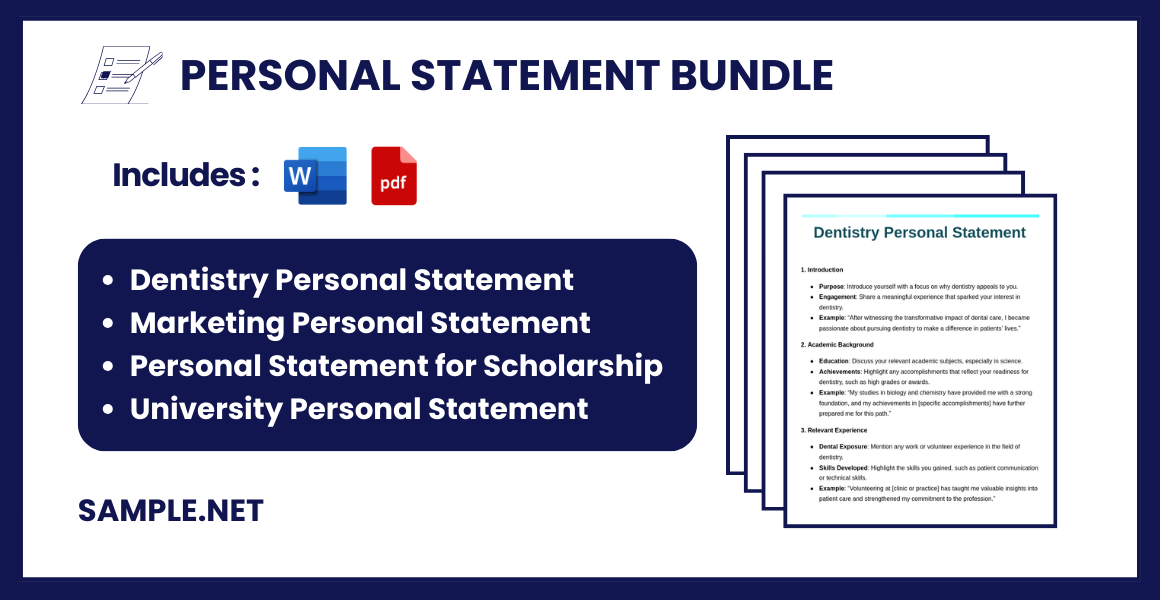
Download Personal Statement Bundle
Personal Statement Format
1. Introduction
- Purpose: Start with a brief introduction about yourself and why you are interested in the program, scholarship, or job.
- Engagement: Capture attention by sharing a unique aspect of your background or motivation.
- Example: “From a young age, I was fascinated by [field/interest], which has driven my academic and personal pursuits…”
2. Academic Background
- Education: Summarize your educational history, especially subjects or projects related to your field of interest.
- Achievements: Mention any relevant academic awards, recognitions, or accomplishments.
- Example: “During my studies in [subject/degree], I developed a strong foundation in [relevant subjects], which led me to achieve [specific awards or recognitions]…”
3. Professional/Work Experience (if applicable)
- Relevant Experience: Describe any internships, jobs, or volunteer work relevant to your application.
- Skills Gained: Highlight specific skills or knowledge you gained from these experiences.
- Example: “At [company/organization], I worked as [position], where I developed [skill or knowledge] and learned to [relevant responsibility or accomplishment]…”
4. Skills and Personal Qualities
- Core Skills: Emphasize key skills relevant to the application, such as leadership, communication, technical expertise, etc.
- Personal Qualities: Mention traits like adaptability, resilience, and curiosity that make you a strong candidate.
- Example: “Through my experiences, I have honed skills such as [skills] and developed a passion for [related passion].”
5. Goals and Aspirations
- Future Goals: Outline your short-term and long-term goals and how this opportunity will help you achieve them.
- Alignment with Program/Position: Explain how the program, scholarship, or role fits into your goals.
- Example: “I am eager to join [university/program/organization] because it aligns perfectly with my goal to [specific goal], which I hope to achieve by [specific plan or timeline]…”
6. Conclusion
- Final Remarks: Summarize why you are an ideal candidate, expressing enthusiasm and readiness.
- Call to Action: Politely express your hope for consideration.
- Example: “Thank you for considering my application. I am excited about the possibility of contributing to [university/program/organization] and growing further in [field of interest].”
What is a Personal Statement?
A personal statement is a written narrative that communicates an individual’s goals, values, achievements, and motivations. It is often required in applications for academic programs, job opportunities, or other professional scenarios, providing an insight into the applicant’s personality, skills, and alignment with the role. You can also see more on Graduate Personal Statement.
Characteristics of a Personal Statement
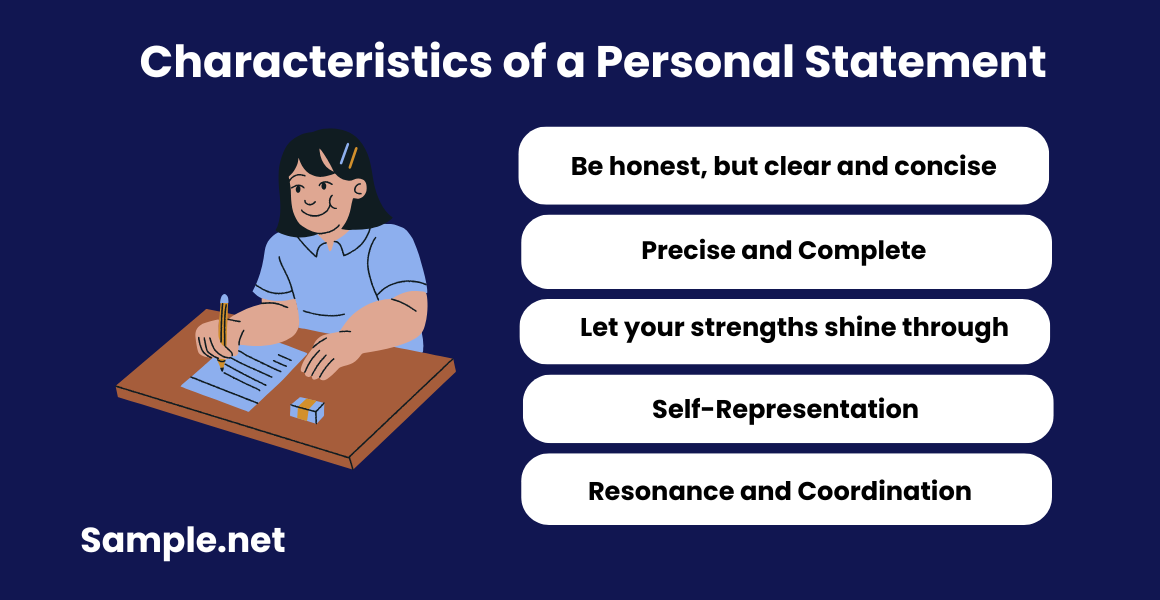
Writing about yourself is exactly what a Personal Statement Essay requires you to do. It’s not all that easy. You will be reminiscing and going back to the days that made you the person with the goals of today. This isn’t a logical nor technical exam, it’s a piece of writing that narrates the best-selling you in order to capture the attention of an employer, a university head, or a scholarship grantor. The trick is to get up and get going–into reliving all those memories of your accomplishments in your past, and let them shine in a Personal Statement Essay. You can also see more on Nursing Personal Statements.
1) Be honest, but clear and concise.
You will always have to remember to be honest–as it isn’t someone else entering the gates of your desired college, university, or even workplace. As a personal statement is essentially a narration of why you have the strength to succeed, you must step up to the plate and be as genuine as possible–be yourself. All in all, your talents, skills, and passion to succeed have your back.
2) Precise and Complete
You must make sure beforehand that you get all the facts and info right–from who? From yourself, of course. Look back at your educational and professional documents, those certifications from seminars; and take a peek through your journals or any written documentation that you presently use. Get a reminder of who you are at this stage of your life, what you are working towards, and what you want to become. You can also ask outside sources such as those who have helped you on your journey to achieve what you have and are. You can also see more on University Statement.
3) Let your strengths shine through
Hold onto that optimism that drives the hope behind the possibility of you getting a chance to enter whatever institution this Personal Statement is addressed to. As far as the Psychology of words goes, you will have a far greater chance of entering that desired university or workplace if you use positive keywords. Keep it positive by avoiding words that negate your positive qualities. You failed, but you’re better for trying even harder. If you’ve failed in one thing, you may have directed anger at yourself for a long time, but highlight how you dug yourself out of it and saw the light at the end of the tunnel again. Be it written or spoken, words reflect who you are. If you are aiming for the best possible chance of a slot for your dreams, you might want to show them the best possible side of yourself—what kind of ambitious—yet imperfect individual they will be employing or admitting.
4) Self-Representation
You will also give your prospective career superiors an idea of how you express yourself as a person. Your tone of writing will be evident, your optimism, and even how passionate you really are towards this project or goal you are working for—even without you articulating it. You are the subject of the Personal Statement. Give your best self-representation. Make sure to infuse self-confidence to let your self-determination shine through. You can also see more on Suitability Statement.
5) Resonance
Make sure your Personal Statement Essay forms a connection to its reader by making them resonate with it. Since you are writing a personal essay, it helps to be honest and direct with your experience. You aren’t going to get through the heart of it if you just make a laundry list of what you’ve achieved and how many medals you’ve earned; it takes being honest about the experiences you went through and how they shaped you. How the failures have molded you into the strong person you are, asking for their consideration. As loyola.edu said, an essay that reads like a resume of accomplishments and goals tells the reader nothing that they could not glean from the rest of the application. It reveals little about the candidate and is a wasted opportunity.
6) Coordination
It becomes difficult to get your goal or point across when you have too many topics of interest in mind. Being that Personal Statements do not exactly have a particular format, it can lead to writing in freehand. One second, you’re talking about your educational history, and the next, you’re talking about your grandmother. It’s alright to fuse topics and several important people in our lives, but make sure that the topics have associations with each other. A Personal Statement must complement the other parts of your application such as the forms that you answer. You can also see more on Graduate School Statement.
How to Create a Personal Statement
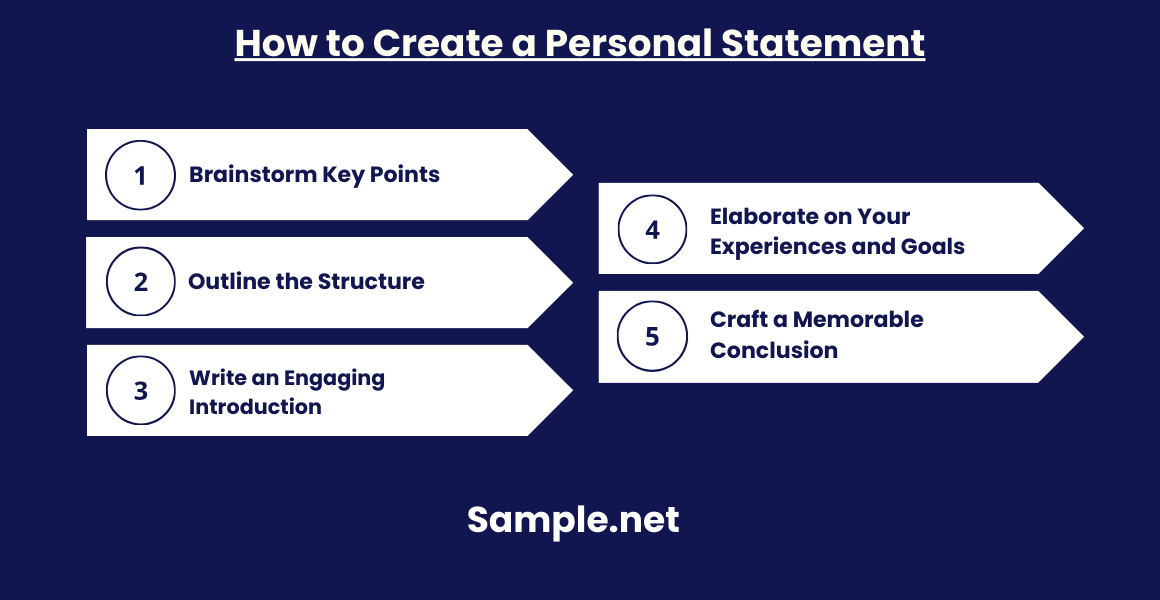
Step 1: Brainstorm Key Points
Reflect on your experiences, achievements, and goals that you want to highlight. Choose specific examples that are meaningful and represent your journey and motivations. You can also see more on Self Declaration Statement.
Step 2: Outline the Structure
Organize your thoughts by structuring the statement into an introduction, body, and conclusion. The introduction should hook the reader, the body should delve into your experiences and skills, and the conclusion should tie everything together.
Step 3: Write an Engaging Introduction
Begin with a story or a statement that reflects your journey or unique perspective. Avoid clichés, and make the introduction inviting, as it sets the tone for the rest of the statement. You can also see more on School Statement.
Step 4: Elaborate on Your Experiences and Goals
Use the body of your personal statement to go into detail about experiences, accomplishments, and skills relevant to the application. Each paragraph should address a different aspect of your background, aiming to build a cohesive story.
Step 5: Craft a Memorable Conclusion
Conclude with a summary of your goals and how the opportunity aligns with your vision. End with a powerful statement that reinforces your enthusiasm for the program or role.
A personal statement serves as an important opportunity to connect with an admissions committee or employer on a personal level. By weaving in individual experiences, accomplishments, and goals, applicants can create a compelling narrative that showcases who they are and why they’re an ideal candidate. Remember, the best personal statements are those that are authentic, well-structured, and leave a lasting impression on the reader. You can also see more on Leadership Statement.
FAQS
Why is a personal statement important?
A personal statement is important because it allows applicants to present themselves uniquely, showcasing their personality, skills, and fit for the position or program. You can also see more on Goal Statement.
How long should a personal statement be?
Personal statements vary, but they’re typically around 500 to 800 words, depending on the requirements of the application.
What should I avoid when writing a personal statement?
Avoid using clichés, overly complex language, or irrelevant details. A personal statement should be clear, focused, and to the point, ensuring each sentence contributes meaningfully to your story. You can also see more on High School Statement.
What should I do if I have little experience in the field?
If you’re new to the field, focus on transferrable skills and experiences that have prepared you for the role. Show your enthusiasm for learning and emphasize how the program or job aligns with your long-term goals.
How do I balance storytelling with professionalism?
Use storytelling to engage readers but maintain a professional tone throughout. Personal stories should be concise and purposeful, contributing to a broader picture of your academic or career aspirations. You can also see more on Statement of Need.
